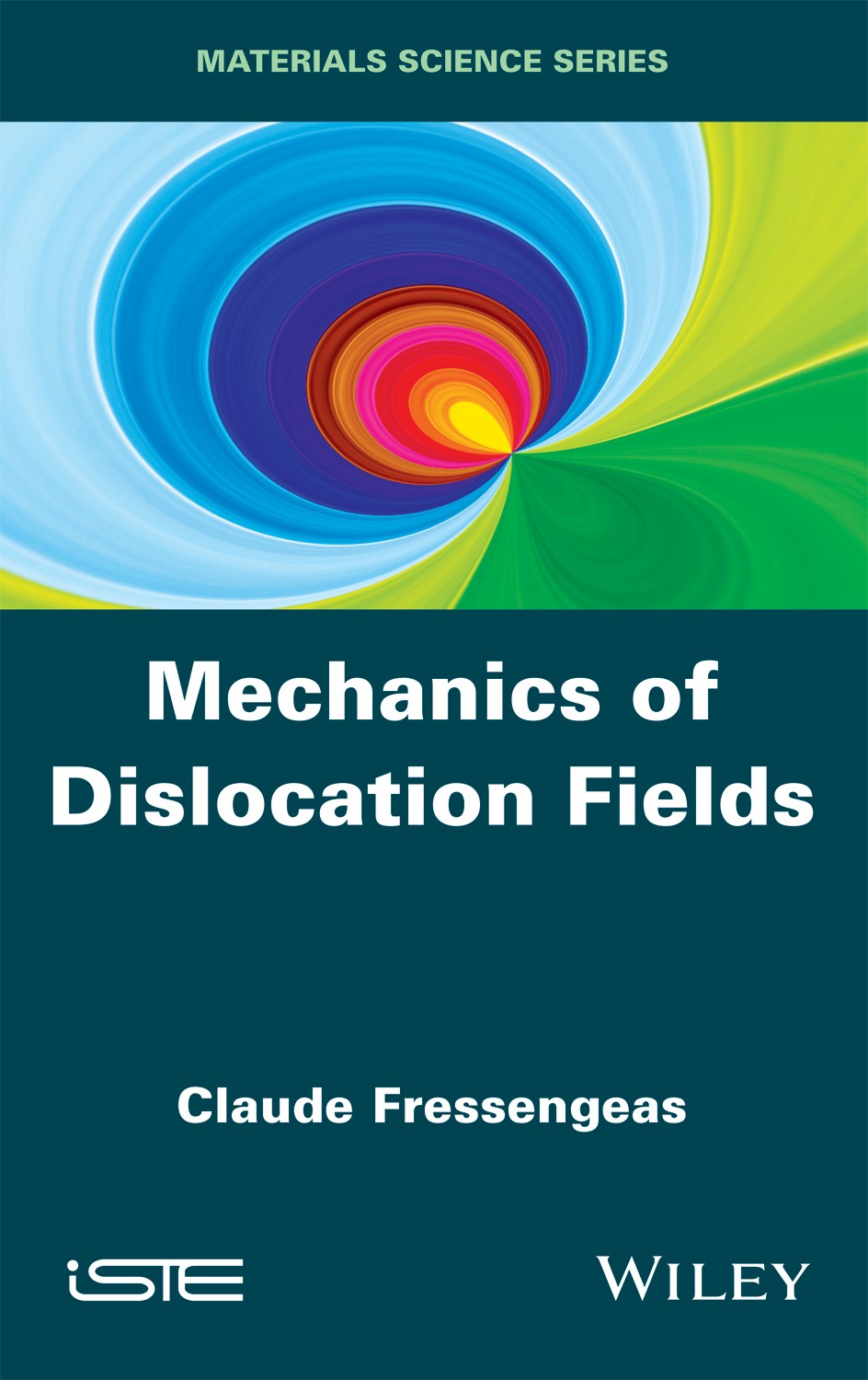
Accompanying the present trend of engineering systems aimed at size reduction and design at microscopic/nanoscopic length scales, Mechanics of Dislocation Fields describes the self-organization of dislocation ensembles at small length scales and its consequences on the overall mechanical behavior of crystalline bodies. The account of the fundamental interactions between the dislocations and other microscopic crystal […]
Accompanying the present trend of engineering systems aimed at size reduction and design at microscopic/nanoscopic length scales, Mechanics of Dislocation Fields describes the self-organization of dislocation ensembles at small length scales and its consequences on the overall mechanical behavior of crystalline bodies.
The account of the fundamental interactions between the dislocations and other microscopic crystal defects is based on the use of smooth field quantities and powerful tools from the mathematical theory of partial differential equations. The resulting theory is able to describe the emergence of dislocation microstructures and their evolution along complex loading paths. Scale transitions are performed between the properties of the dislocation ensembles and the mechanical behavior of the body.
Several variants of this overall scheme are examined which focus on dislocation cores, electromechanical interactions of dislocations with electric charges in dielectric materials, the intermittency and scale-invariance of dislocation activity, grain-to-grain interactions in polycrystals, size effects on mechanical behavior and path dependence of strain hardening.
